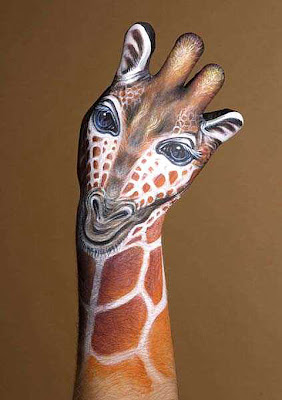Stuck again in the tree of analysis

. . . The inspiration of NM Dan Heisman has brought me alot further. A few definitions from his article bootstrapping analysis skills : Thought Process – The entire progression of thinking that takes place from the time a player sees a position until a move is made. The two main components are analysis and evaluation. Analysis – The process of creating a move tree; this includes identifying candidate moves for both sides at all depths of the tree. Calculation – The ability to analyze forcing sequences, e.g. “I take, he takes, then he has to move the knight…” Evaluation – Determining in a given position which side stands better, by how much, and why. Evaluation is usually performed at quiescent nodes of the analysis tree. Quiescent – (“Quiet”) A position that contains no forcing moves (checks, captures, and threats) of any consequence for the player to move. And the three types of “visions”: Visualization – The ability to keep track of w...





